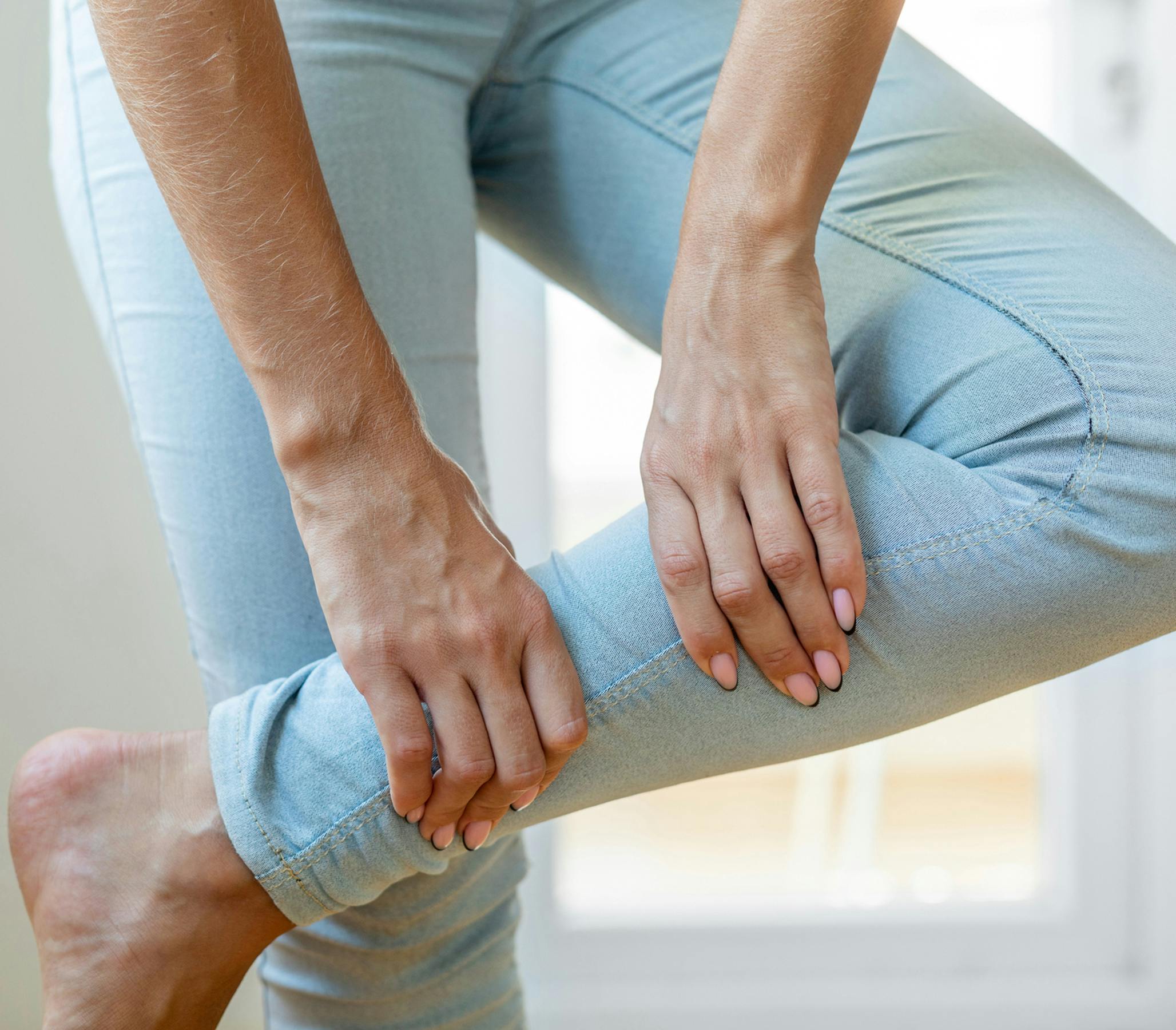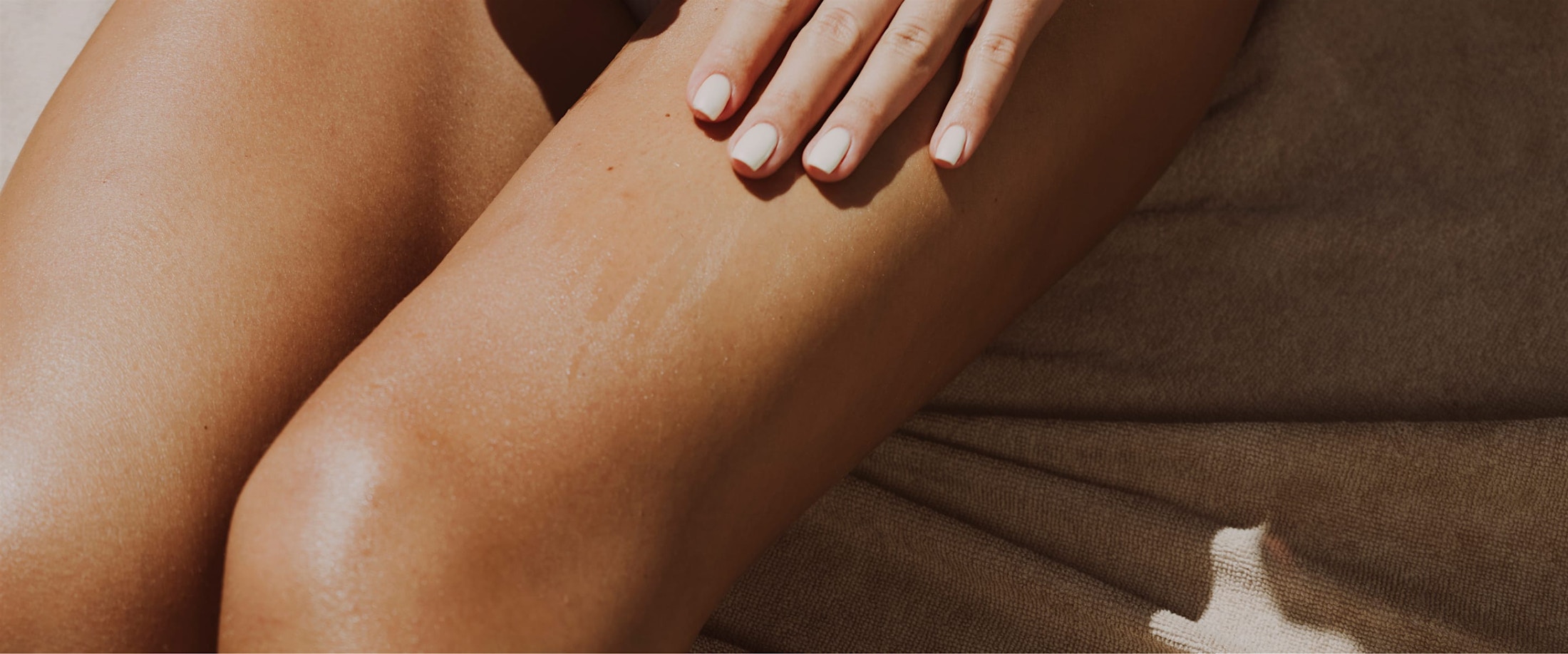Experience relief from leg cramps and Charley horses with the help of NJ Vein Specialists. Our expert care ensures effective treatment for pain-free nights and active days.
What are leg cramps and charley horses?
Leg cramps, also known as Charley horses, when they occur in the calf muscles, are involuntary and forceful muscle contractions. They can last from a few seconds to several minutes, often causing intense pain. While they can affect any part of the leg, they are most common in the calf muscles.






